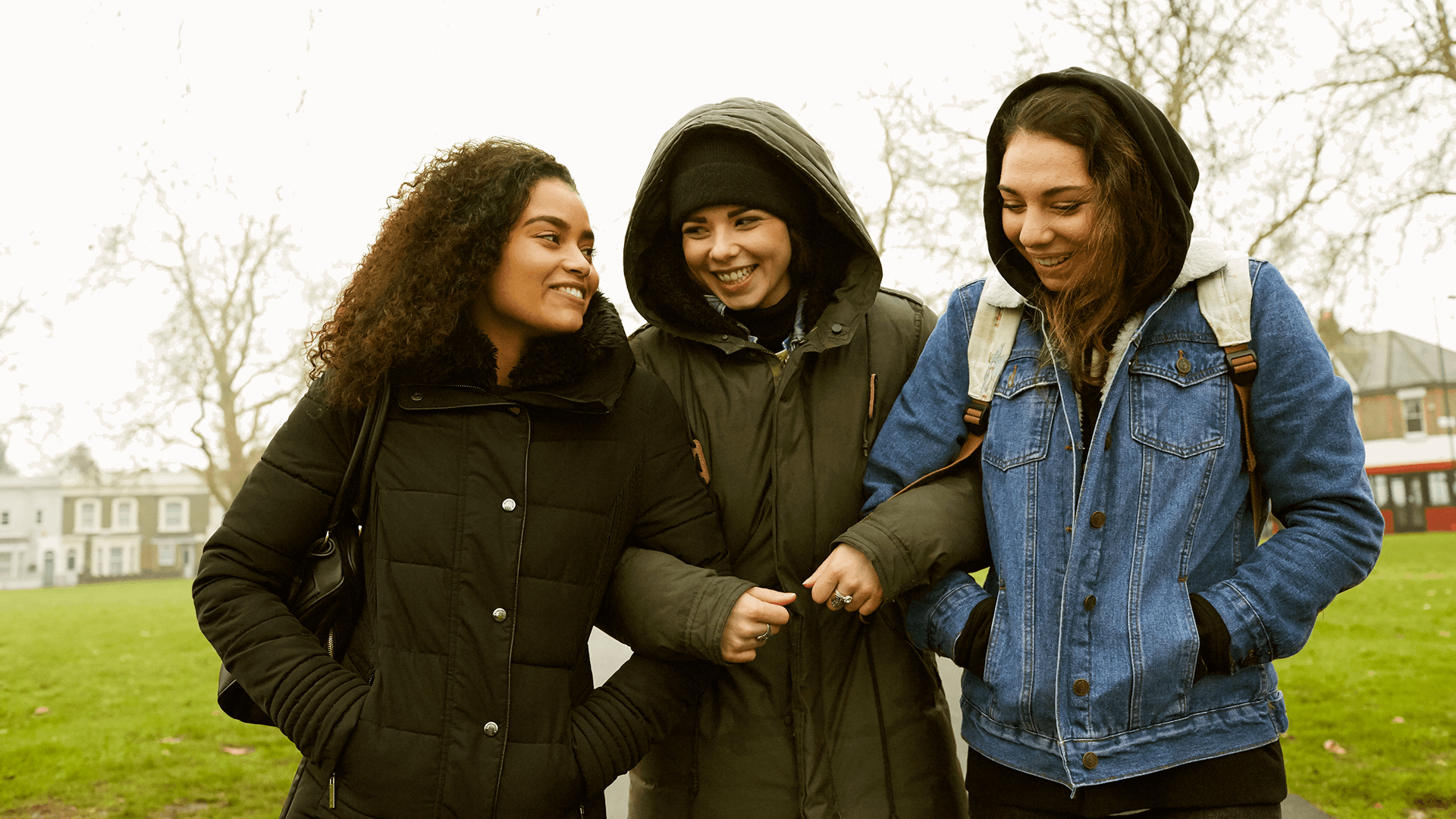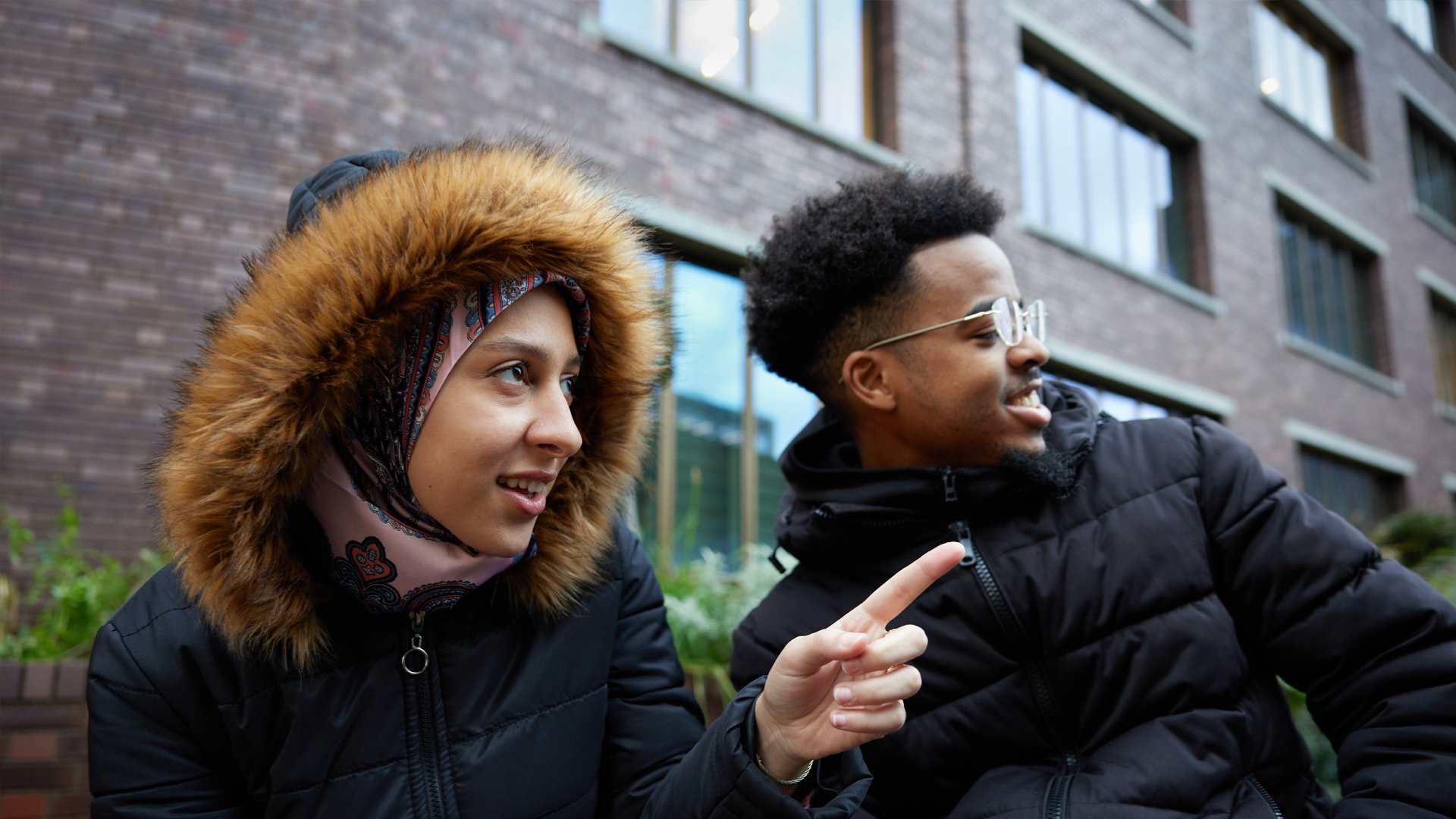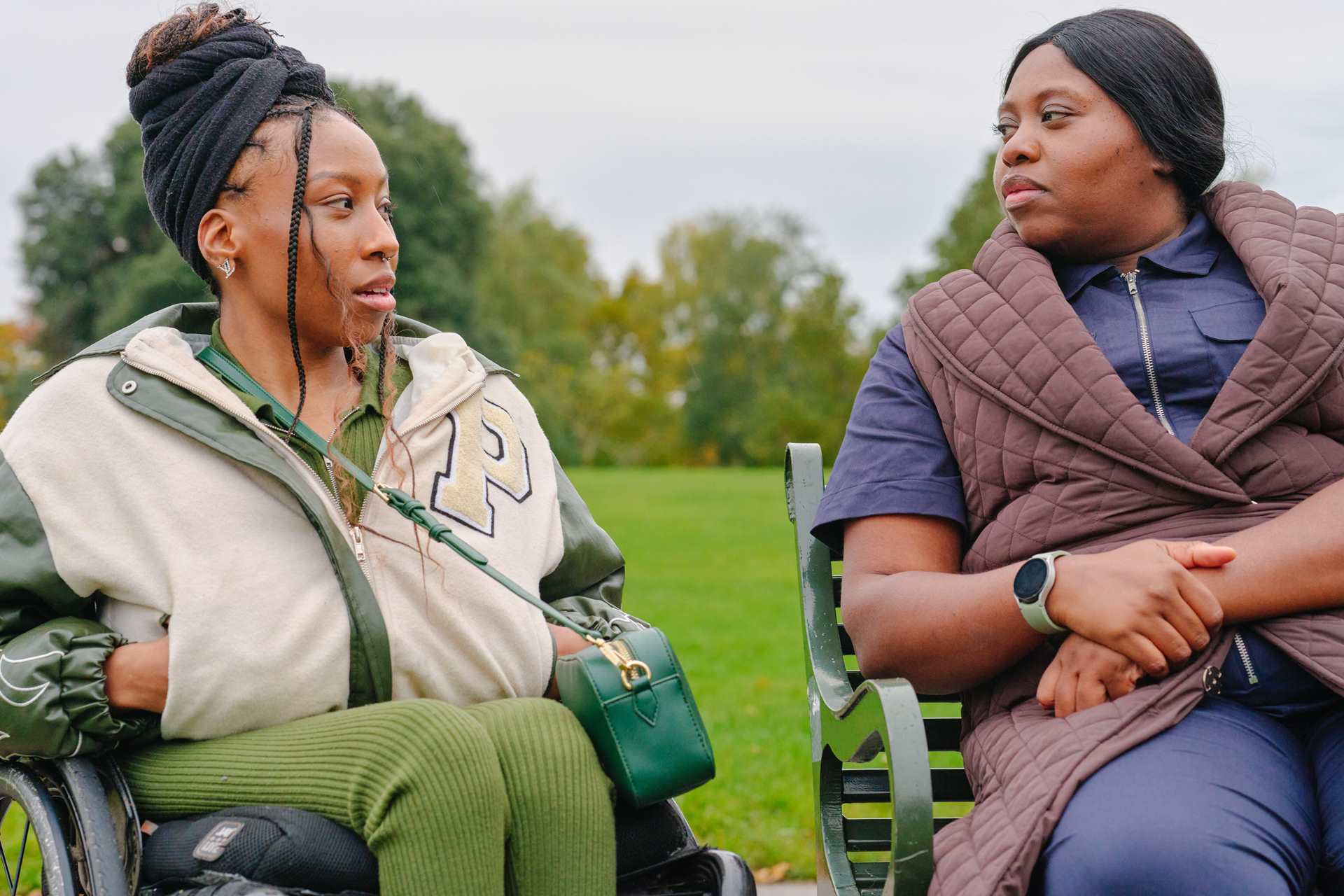If you run out of your medicine before your next prescription is ready, you can ask your pharmacy for an emergency supply. You'll need to fill out an emergency prescription form on NHS website. You can then pick up your supply from your chosen pharmacy.
When you go to the pharmacy, take your empty box with you to show them if you can. You should be given at least five days’ worth of medicine.
If you pay for your prescription, they might take the prescription charge to cover your emergency supply and then you won’t have to pay it again when you bring in your prescription.
Sometimes, the pharmacy will give you the emergency supply as a ‘loan’. This means it’ll be taken out of your next prescription when you get it. Otherwise, you might be asked to pay a small fee.
If the pharmacist questions if your case is an emergency, you can remind them that missing your dose puts you at risk of your symptoms coming back or could cause withdrawal symptoms. But know that the pharmacist has the final say and might still refuse your request.
If you can’t get an emergency supply from the pharmacy, contact your hospital team or go to the nearest hospital with your empty medication box.










